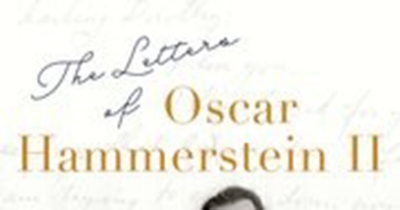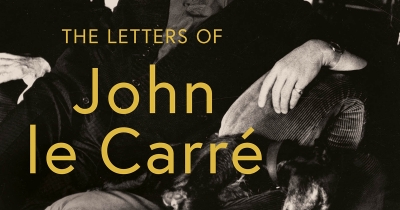Letters
Want to write a letter to ABR? Send one to us at This email address is being protected from spambots. You need JavaScript enabled to view it..
... (read more)Read this issue's Letters to the Editor. Want to write a letter to ABR? Send one to us at This email address is being protected from spambots. You need JavaScript enabled to view it..
... (read more)A Private Spy: The letters of John le Carré edited by Tim Cornwell
Want to write a letter to ABR? Send one to us at This email address is being protected from spambots. You need JavaScript enabled to view it..
... (read more)Busted
Dear Editor,
In his essay ‘Seeing Truganini’ (May 2010), David Hansen focused on the politics around the Benjamin Law busts of Truganini and Woureddy. As an aside, he mentioned that ‘Law’s only other known bust, of Robinson himself, has been lost’. It is ironical that, as Hansen’s essay was going to print, Gareth Knapman (Museum Victoria) and Olga Tsara (State Library of Victoria) located one of the George Augustus Robinson busts in the State Library of Victoria.
... (read more)Tragedy and loss
Dear Editor,
In his otherwise eloquent defence (‘Seeing Truganini’, May 2010) of Benjamin Law’s busts of Truganini and Woureddy as ‘irreducible historical objects’, secular works of art and therefore items that should be available for free discussion and exchange, and also in his sketching of the various shades of guilt accompanying this very complex issue, David Hansen, a professional curator, is, I feel, himself ‘guilty’ of looking around these works rather than at them – in fact, not ‘seeing’ them. Dr Hansen says: ‘It is not the sculpture that conveys the extinction myth, but the way the image is and has been used in another past, a later past.’ Focusing on Truganini, he details how, when her bust was made, there were still ‘two hundred full-blood Palawa living’, Darwin’s ‘Origin’ was twenty years off, Truganini was ‘smart and vivacious, young and attractive’, and she and her treaty group were ‘A-list colonial celebrities’.
... (read more)Patterned play
Dear Editor,
Reviewing my On the Origin of Stories: Evolution, Cognition, and Fiction in ABR, Lisa Gorton writes, ‘Boyd shows a troubling lack of interest in the female of the human species’ (October 2009).
... (read more)Endemic yowling
Dear Editor,
A footnote for Peter Craven. In 1935, the professor of English at the University of Melbourne, G.H. Cowling, declared that an Australian literature was virtually impossible. This enraged Australian writers everywhere, and provoked P.R. Stephensen’s classic The Foundations of Culture in Australia (1936). It is also the only reason anyone remembers Cowling (‘Yowling’, according to Miles Franklin), and a reminder of the then image of English departments and their hangers-on as ‘the Garrison’. J.I.M. Stewart was another. Maybe the problem is endemic.
... (read more)Dear Editor,
This is a note to congratulate you on the quality of the latest Calibre Prize essays, by Jane Goodall and Kevin Brophy, in the April edition of ABR. The two pieces maintain the incredibly high standards of the Prize, of which I was honoured to be an inaugural judge.
... (read more)

